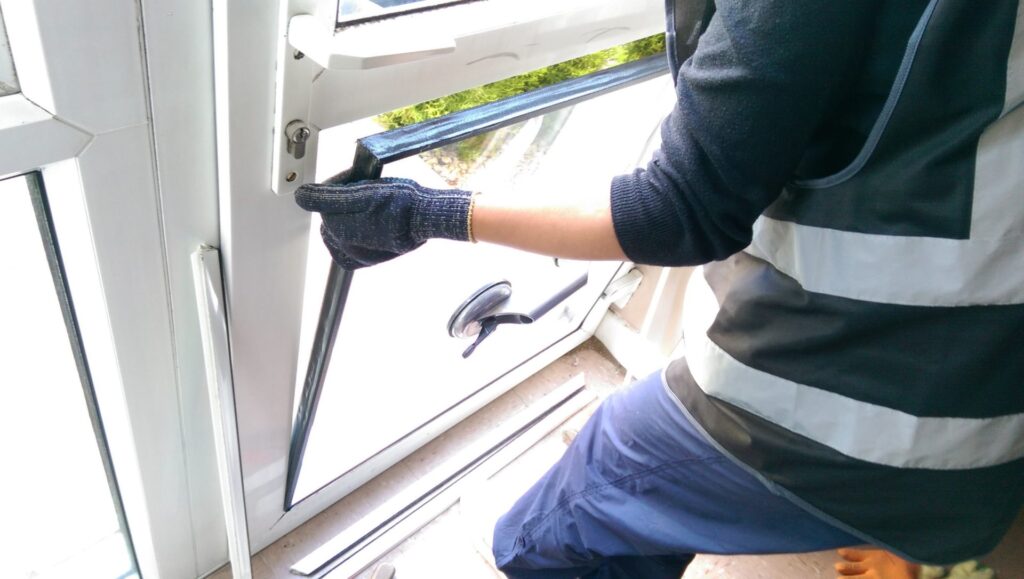10 Things That Your Family Teach You About Window Scratch Removal
페이지 정보
작성자 Aracely 작성일25-07-23 02:51 조회4회 댓글0건관련링크
본문
Window Scratch Removal: Effective Techniques for a Clear View
Window scratches can be a significant nuisance for house owners and vehicle owners alike. They can obstruct views, affect aesthetics, and even manage the incoming light. While deep scratches may need professional intervention, numerous minor scratches can be eliminated through different DIY strategies. This article will offer a thorough summary of efficient approaches for window scratch removal, the essential materials, and regularly asked questions to help readers in attaining a clear and scratch-free surface area.
Comprehending Window Scratches
Scratches on windows can occur from numerous sources, consisting of:

- Accidental contact with tough objects like secrets or metal tools.
- Ecological elements such as debris blown by wind or tree branches throughout storms.
- Inappropriate cleansing techniques utilizing abrasive cloths or strong chemicals.
Various kinds of window materials, such as glass, plexiglass, or acrylic, might have varying susceptibilities to scratches. Therefore, it's crucial to identify the window type before selecting a removal technique.
Techniques for Removing Window Scratches
The following table describes numerous methods for removing scratches from windows, along with the involved products and approaches.
| Method | Materials Needed | Steps |
|---|---|---|
| 1. Sodium Bicarbonate Paste | Sodium bicarbonate, water, soft fabric | 1. Mix baking soda with water to form a paste. 2. Apply to the scratched area using a soft fabric. 3. Rub gently in a circular movement for a few minutes. 4. Wash with water and dry with another fabric. |
| 2. Tooth paste | Non-gel toothpaste, soft cloth | 1. Use a little quantity of toothpaste straight on the scratch. 2. Carefully rub in a circular motion with a fabric. 3. Clean away excess with a moist fabric. 4. Dry totally. |
| 3. Glass Polishing Compound | Glass polish, soft cloth | 1. Use a percentage of glass polish to a clean cloth. 2. Rub it into the scratch utilizing circular movements. 3. Buff the area till clear. 4. Tidy the surface with a moist fabric. |
| 4. Cerium Oxide | Cerium oxide powder, water, soft cloth | 1. Mix cerium oxide powder with water to form a paste. 2. Apply to the scratch using a felt applicator or soft fabric. 3. Rub in a circular movement for several minutes. 4. Wipe the location with a damp fabric to get rid of residue. |
| 5. Great Sandpaper | 2000-grit sandpaper, water | 1. Moisten the sandpaper and window. 2. Gently rub the scratch in a straight line. 3. Rinse and dry the location completely. 4. Apply glass polish to restore clearness. |
Important Tips
- Always check any technique on a little, inconspicuous area of the window initially to guarantee it doesn't cause extra damage.
- When using abrasives like sandpaper, it's suggested to be cautious and use minimal pressure to prevent developing more scratches.
Preventive Measures for Future Scratches
To alleviate the risk of future scratches, consider the following preventive measures:
- Use Soft Cleaning Materials: Opt for microfiber cloths or soft sponges when cleaning up to avoid scratching.
- Prevent Abrasive Cleaners: Steer clear of harsh chemicals and gritty cleaners that can etch glass surface areas.
- Implement Protective Films: Consider setting up protective films on windows, especially in vehicles, to shield versus small dings and scratches.
- Keep Windows Free of Debris: Regularly tidy the outside and inside surface areas to avoid dirt accumulation that can scratch during cleaning.
- Be Mindful During Repairs: When working around windows, be extra cautious with tools and products that could inadvertently get in touch with the glass.
Frequently Asked Questions (FAQs)
1. Can all window scratches be gotten rid of?
Not all scratches can be effectively eliminated. Deep fractures or chips typically require professional repair or replacement. Minor surface scratches, however, can often be treated utilizing the techniques discussed above.
2. Is it safe to use sandpaper on glass windows?
Using sandpaper can run the risk of further scratching if done poorly. If you choose to utilize this approach, go with extremely fine sandpaper (2000-grit) and use minimal pressure. This method often serves as a last hope; for this reason, caution is advisable.
3. How do I know what kind of window I have?
Typically, glass windows are transparent and cold to the touch. Acrylic or plexiglass windows are generally lighter, more flexible, and may have a slightly plastic texture. Think about carrying out a scratch test in an unnoticeable area; glass will chip while acrylic will scuff.
4. Will professional services ensure scratch removal?
Professional glass repair services frequently have specialized tools and substances for scratch removal. While lots of scratches can be minimized, total restoration may not constantly be possible, particularly with deep abrasions.
5. How frequently should I clean windows to prevent scratches?
Regular cleansing is suggested, however it should be performed with care. Cleaning up window surfaces about when a month with the appropriate products and approaches can help preserve their clearness and prevent the buildup of dirt that results in scratches.
Window scratches can decrease the charm and performance of glass surfaces. Nevertheless, comprehending reliable removal techniques and taking preventive measures can significantly boost a window's longevity and look. By utilizing simple home items or specialized products, house owners and automobile owners can often restore clearness and guarantee a continued clear view. With the ideal knowledge and tools, keeping scratch-free windows is achievable.

댓글목록
등록된 댓글이 없습니다.

